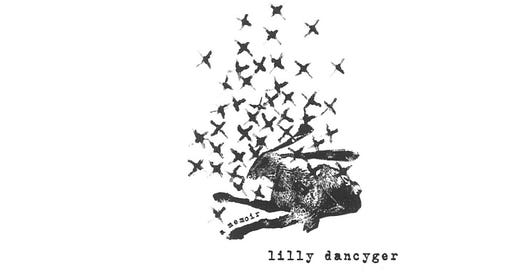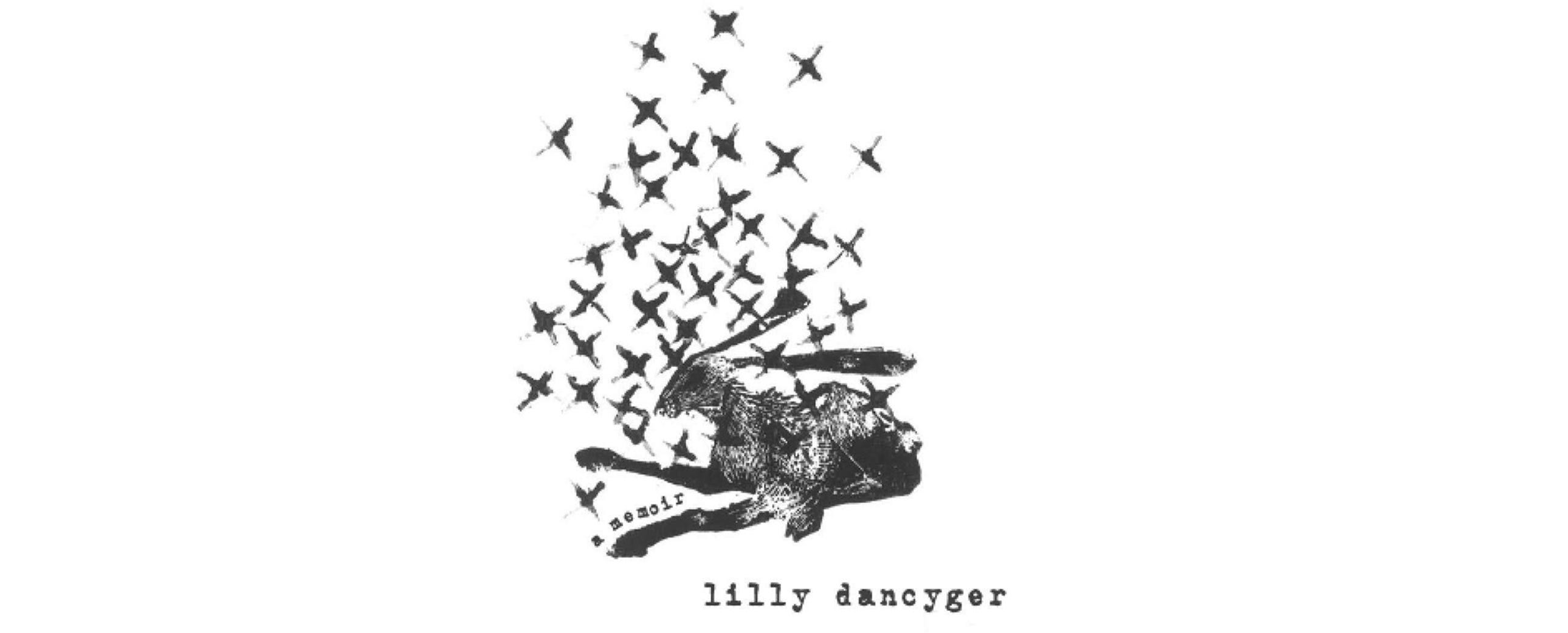A Genre-Bending Memoir That Took 10 Years to Take Shape
Lilly Dancyger on what the decade-long process of writing her book taught her about memoir, grief and becoming an artist.
Over the past decade, Lilly Dancyger has contributed 11 of her own pieces to Narratively and edited many more stories in her former role as our Deputy Editor, while also writing for other outlets and editing the acclaimed essay collection Burn It Down. She also spent much of that time working on her book-length memoir, which has shifted course considerably over the past 10 years. Negative Space, which fuses personal writing, reporting, and visual art, will be published on May 1, 2021 and is available for preorder now. We talked with Lilly about the long, winding and rewarding process of writing her genre-bending memoir.
Keep reading with a 7-day free trial
Subscribe to Narratively to keep reading this post and get 7 days of free access to the full post archives.




